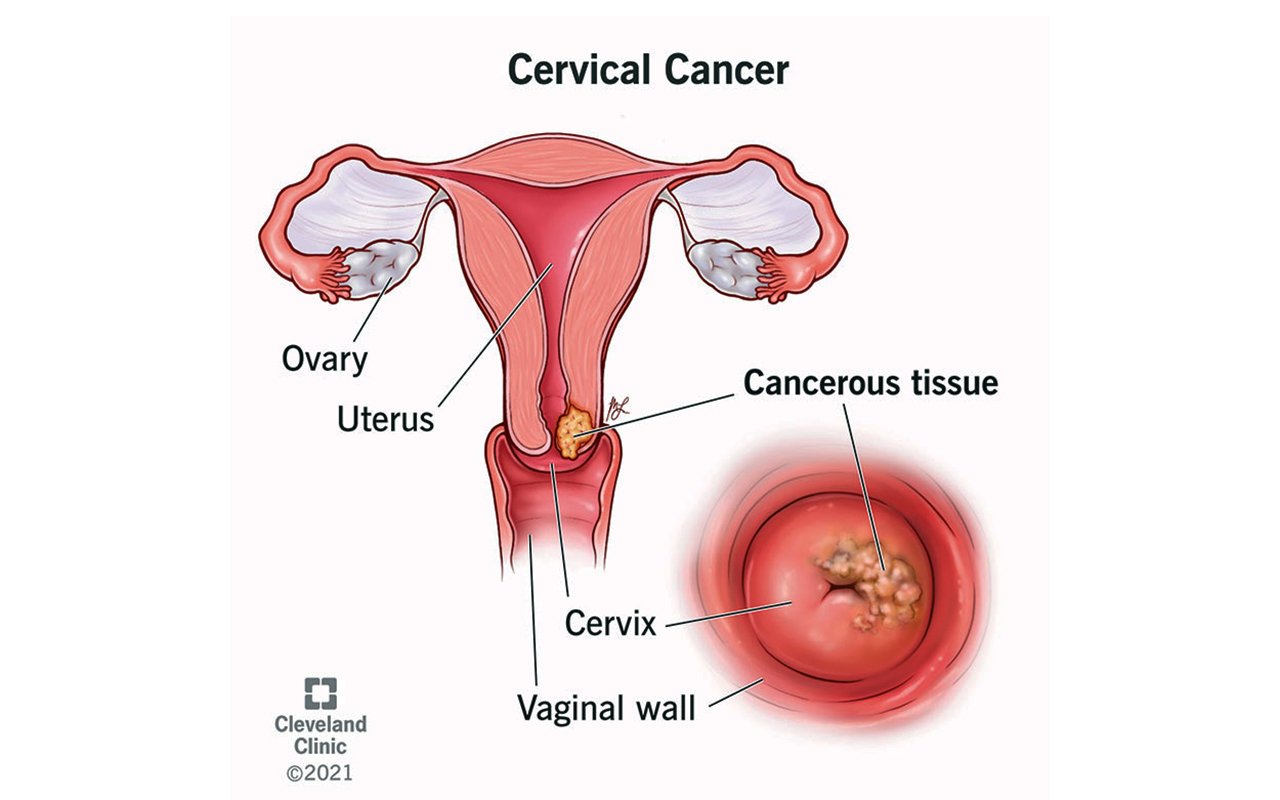Time for reparations for victims of conflict-related sexual violence

Dr Luke Moffett is a senior lecturer and director of the Human Rights Centre School of Law. COURTESY PHOTO
What you need to know:
Scratch a living. As one said ‘let me persevere with this disease’, rather than letting her children lose a roof over their heads. Many women who suffered conflict-related sexual violence have also been forced from their ancestral homes, to scratch a living in towns in northern Uganda and pay rent, rather than own property.
At age of 11, Anna (not her real name), was abducted on her way home from school by the Lord’s Resistance Army (LRA). For eight years, she was held and raped by a number of LRA commanders. As a result she gave birth to three children. While she was able to escape with her children, on return to her village, her family rejected them.
Some of her relatives saw her children as killers and blamed them for the violence of the LRA. Although she was able to get some housing provided by a NGO, she has struggled to provide for her family and look after her own medical needs. Anna’s story reflects some of the experiences of girls and women abducted by the LRA.
In April 2014, the Ugandan Parliament unanimously adopted a petition calling upon the government to provide a gender-sensitive reparation and assistance to victims abducted by the LRA in northern Uganda. The petition also recommended that more be done to identify and integrate children born in the bush and those affected by sexual violence. Some four years on, there has been no progress in delivering reparations and the situation for victims has not improved.
In international law and human rights law, victims have a right to remedy for serious violations. The 2007 Nairobi Declaration on Women’s and Girl’s Right to Remedy insists on a gender-sensitive approach to the different harms, discrimination and effects of violence they face. The right to remedy is reflected in the Ugandan Constitution, where the Uganda Human Rights Commission, is empowered to provide a remedy or redress for any infringement of a human right or freedom.
Transitional justice, informed international obligations, has emerged in a number of countries around the world. From Sierra Leone to Kosovo and Colombia, countries that have faced mass atrocities and limited resources post-conflict, have still provided a programme of reparations to victims, including those who suffered sexual violence. Uganda could learn from their experiences so that it can deliver reparations to victims of sexual violence sooner, rather than later.
The health complications from being abducted and sexually abused for years is still killing women in northern Uganda. Some have serious physical injuries, like fistulas, or sexually-transmitted infections, such as HIV/Aids and syphilis.
Other harms gain less attention, yet the impact can be profound on quality of life, such as chronic pelvic pain and psycho-sexual dysfunction leading to depression, anxiety and inter-personal relationship difficulties. Furthermore, multiple forms of violence can occur with some victims of sexual violence having endured injuries from concurrent trauma, burns, limb contractures and mutilation of facial structures.
These harms are only compounded by lack of appropriate healthcare and free medical services. Given the health complications, victims of conflict-related sexual violence may need to be transferred to specialised healthcare, which is not guaranteed in the aftermath of war.
This means that victims are often reliant on a few NGO or donor-funded health centres, which may not be permanently funded. Without these financially supported services, these women are left to suffer serious health problems, as they cannot afford to pay for both medical bills and rent.
As one said ‘let me persevere with this disease’, rather than letting her children lose a roof over their heads.
Many women who suffered conflict-related sexual violence have also been forced from their ancestral homes, to scratch a living in towns in northern Uganda and pay rent, rather than own property.
One victim spoke about how a NGO had built houses for her and her children on land provided by her brother a number of years ago. However, recently the brother has rejected his sister’s children, who were born in the bush, forcing them from the house and threatened her with a machete if they ever come back.
We heard similar experiences from other victims, who had been pushed out of homes built for them, as family members died and new members wanted to exploit the land. A number of the affected women said they wanted to acquire land for themselves and their children, so that they can be self-sufficient and have financial security in the future.
There also remains resentment among the victims that when the women and girls came out of the bush, they were given an amnesty to forgive their crimes. For these victims, they felt this was an insult as the government should be the one apologising to them for failing to protect them and provide them with adequate support.
The Ugandan government has obligations under its own Constitution and under international law to remedy the suffering of its citizens.
Development programmes such as Northern Uganda Social Action Fund (NUSAF) and Peace, Recovery and Development Plan (PRDP) do not directly address or alleviate the suffering of victims, who require specialist services and acknowledgment of their harm to mitigate the ongoing stigma and barriers they face to enjoy a dignified quality of life.
Dr Luke Moffett is a senior lecturer and director of the Human Rights Centre School of Law @reparationsni.
The article was co-authored by Dr Sunneva Gilmore.




